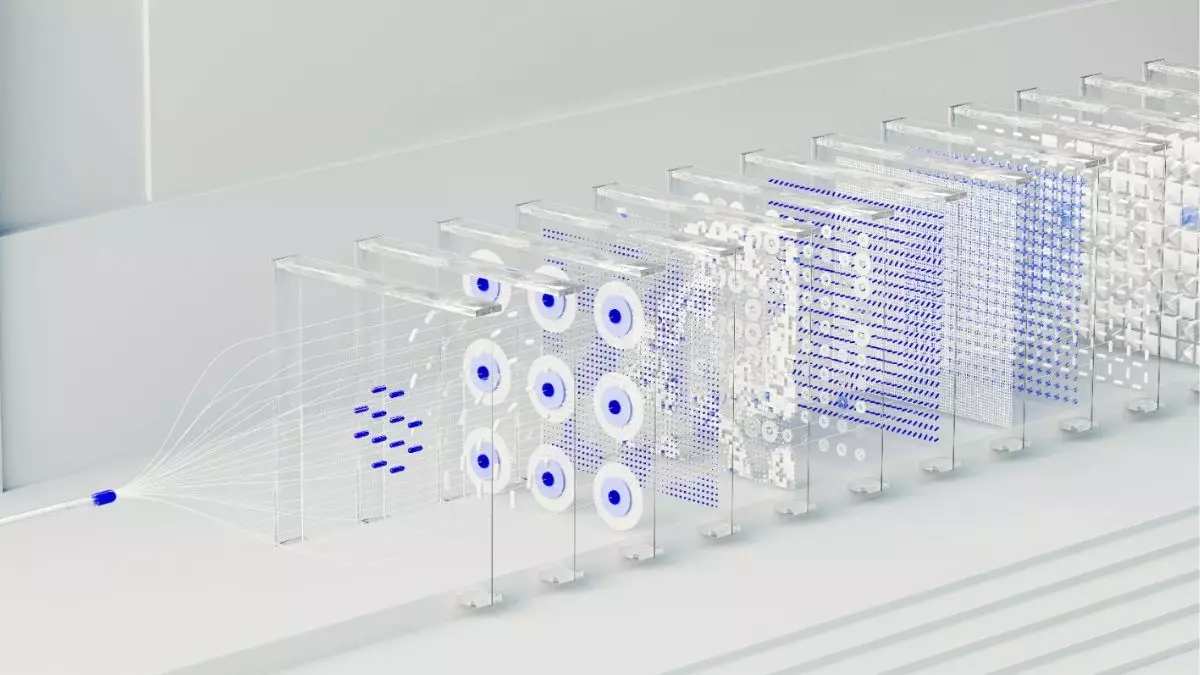In recent years, the convergence of artificial intelligence (AI) and robotics has given rise to transformative innovations across various sectors, and the field of scientific research is not left behind. Tetsuwan Scientific, a pioneering startup based in San Francisco, is taking bold steps to reshape how scientific discovery is conducted. Founded in 2023 by visionary entrepreneurs Cristian Ponce and Théa Schäfer, this young company is on a mission to create AI-powered robots capable of performing complex scientific tasks traditionally reserved for human researchers.
Tetsuwan Scientific emerged from stealth mode in November 2023, following a successful seed funding round that catapulted the startup into public awareness. The co-founders, Ponce and Schäfer, recognized a critical gap in the current landscape of laboratory automation: the overemphasis on high-volume experimentation rather than diverse problem-solving approaches. Conventional lab robots, often programmed to follow rigid protocols, function more like assembly lines than collaborative partners in the scientific endeavor. This realization inspired Tetsuwan Scientific to create intelligent robotics capable of understanding and processing scientific intent.
Addressing the Challenges of Current Robotics
One of the significant challenges in the field is the inability of current robots to intuitively grasp the nuances of scientific inquiry. Traditional automation relies heavily on pre-defined protocols and laborious programming, which hampers flexibility and adaptability. Tetsuwan Scientific aims to overcome this issue by leveraging generative AI models. This innovative approach allows for more nuanced interactions between humans and machines, enabling robots to learn and adapt in ways that mimics the scientific thought process.
In their vision statement, Tetsuwan asserts that the gap between human scientific reasoning and robotic execution is bridged through intelligent software combined with versatile robotics hardware. This dual focus on software and hardware innovation sets the company apart from other players in the field.
In an insightful interview with TechCrunch, CEO Cristian Ponce emphasized the critical role of large language models (LLMs) in facilitating effective communication between scientists and robots. Through LLMs, developers can convey complex scientific intents to robotic systems without delving into intricate coding protocols. This breakthrough dramatically reduces the time and effort required to program lab robots.
Moreover, the integration of the Retrieval-Augmented Generation (RAG) framework is promising for mitigating issues related to AI hallucination. By grounding AI responses in reliable data, Tetsuwan Scientific aims to enhance the reliability and accuracy of its robotic systems, ensuring that they can conduct experiments with precision.
At the heart of Tetsuwan Scientific’s innovation is its unique robotic hardware. These non-humanoid robots, characterized by their large, square, glass-like structures, are engineered to autonomously assess experimental outcomes and adjust methodologies without human intervention. The incorporation of advanced AI software and myriad sensors enables these robots to gain deep insights into essential technical standards, such as liquid classification and calibration precision.
This sophisticated combination of AI and robotic engineering represents a paradigm shift in how scientific experiments are conducted. Rather than simply serving as static tools, Tetsuwan’s robots are designed to evolve and adapt dynamically, embodying qualities that were once the exclusive domain of human researchers.
As Tetsuwan Scientific continues to refine its technology, the ultimate goal remains the development of fully autonomous AI scientists, capable of conducting the entire scientific process independently. Currently collaborating with La Jolla Labs on RNA therapeutic drug development, the startup is gaining invaluable insights that will inform its next steps.
Tetsuwan Scientific’s innovative approach to blending AI with robotics has the potential to revolutionize the way scientific discovery is approached. By addressing the limitations of current robotic systems and fostering a deeper understanding of scientific methodology, the company is poised to become a leader in the next wave of laboratory automation. As we move toward a future where robots and AI collaborate closely with human scientists, the possibilities for groundbreaking discoveries seem limitless.


Leave a Reply